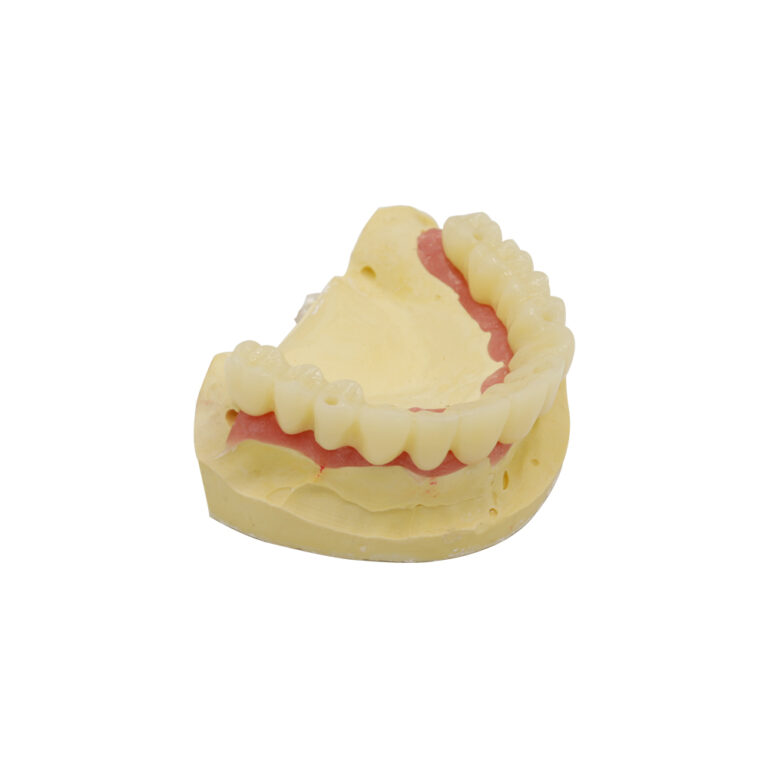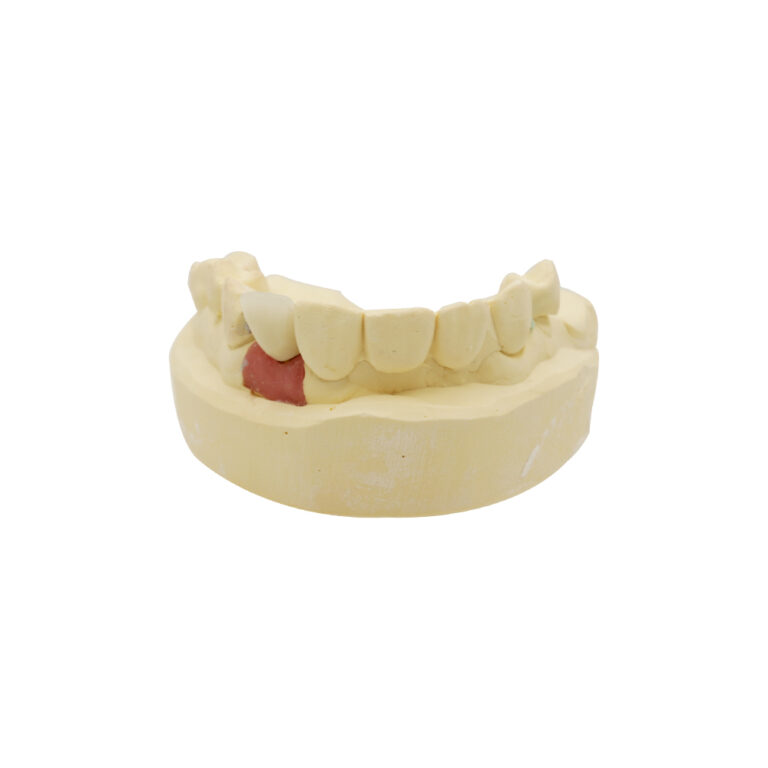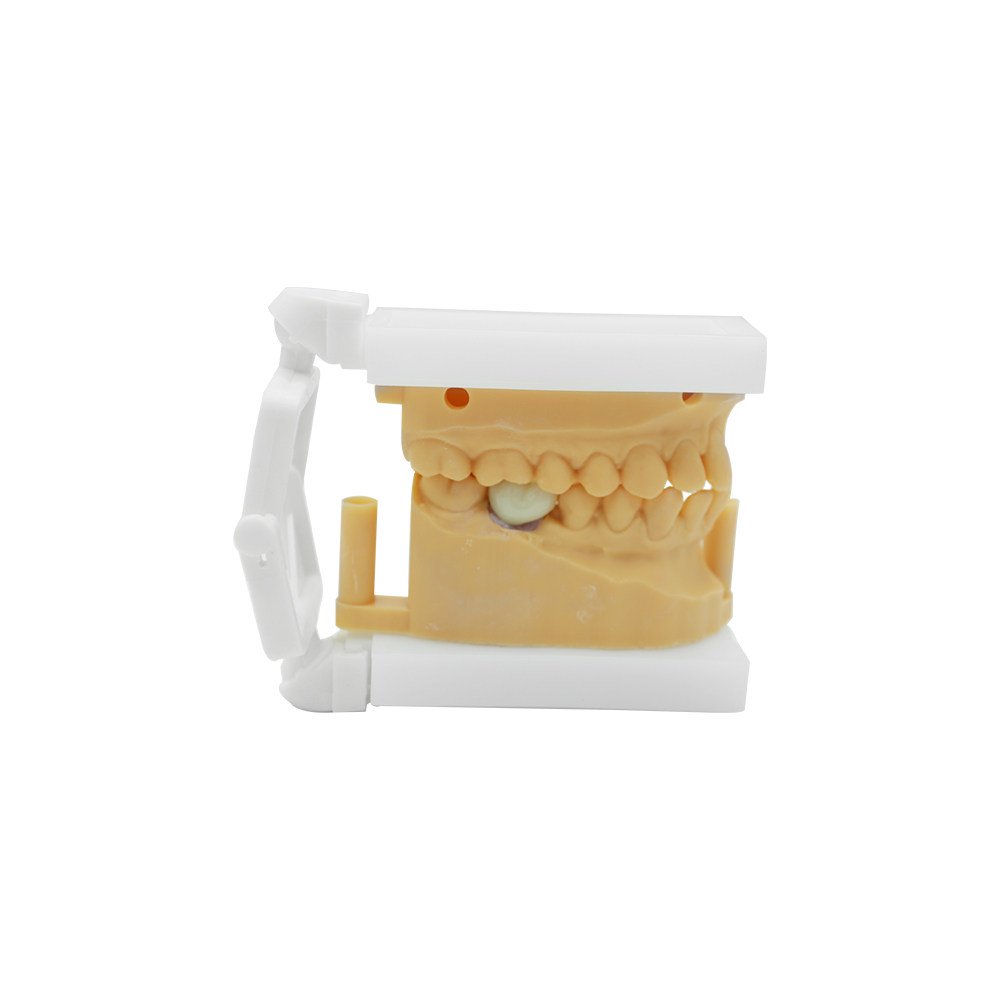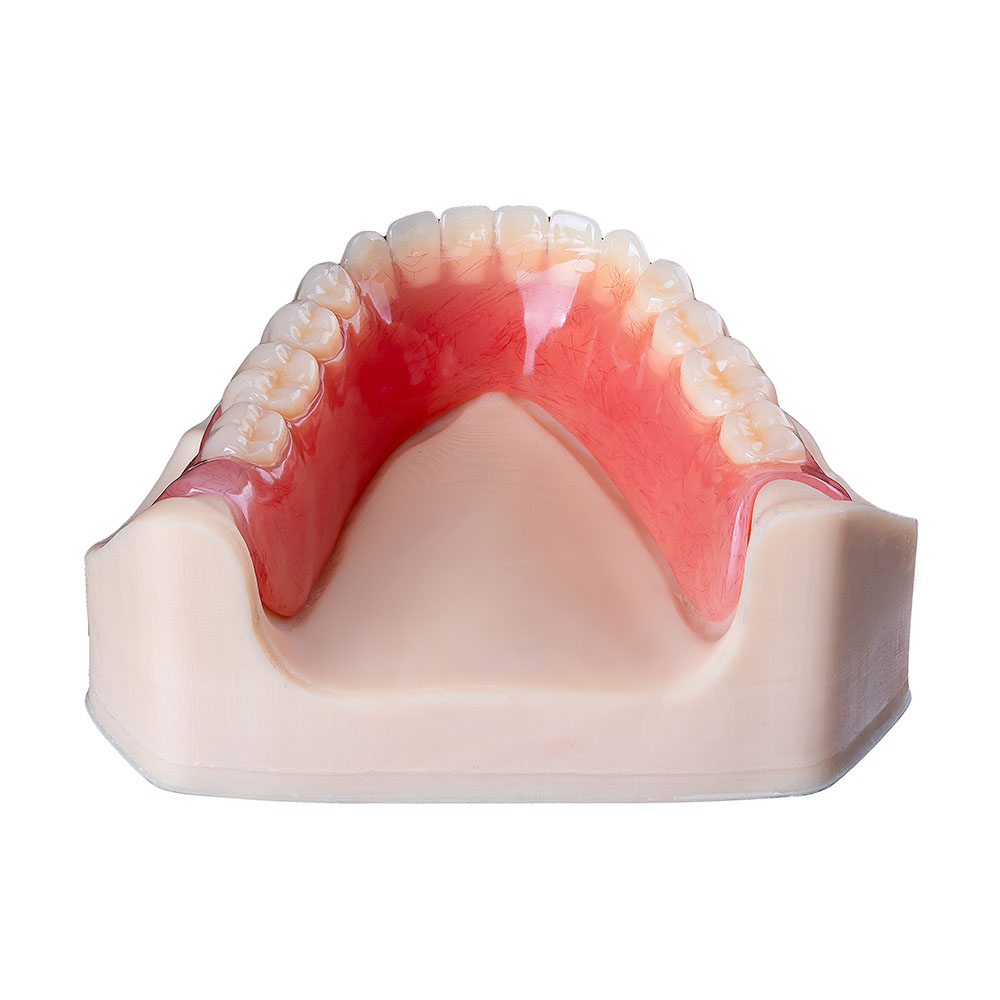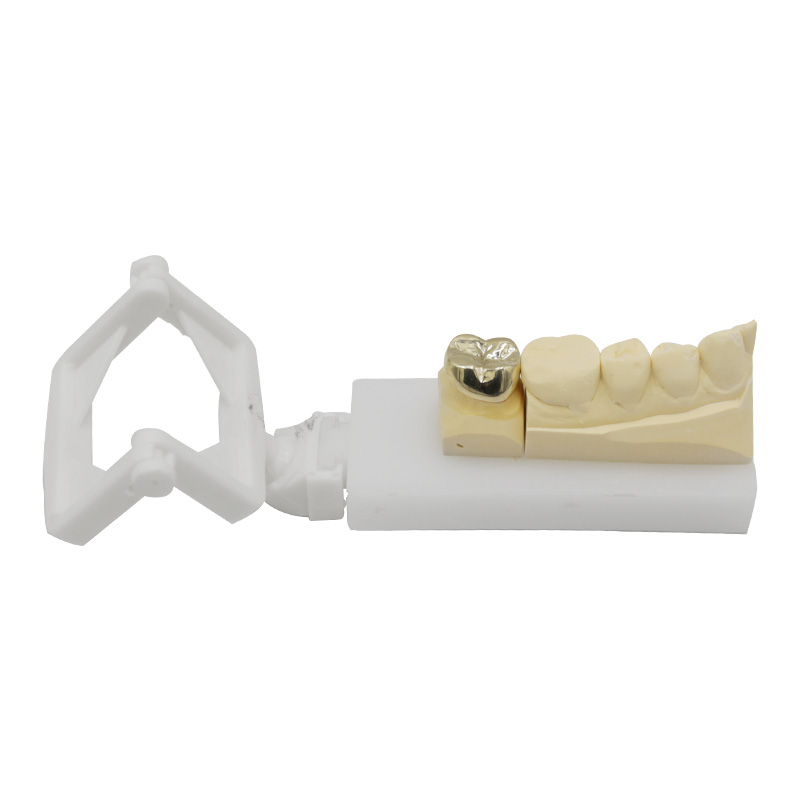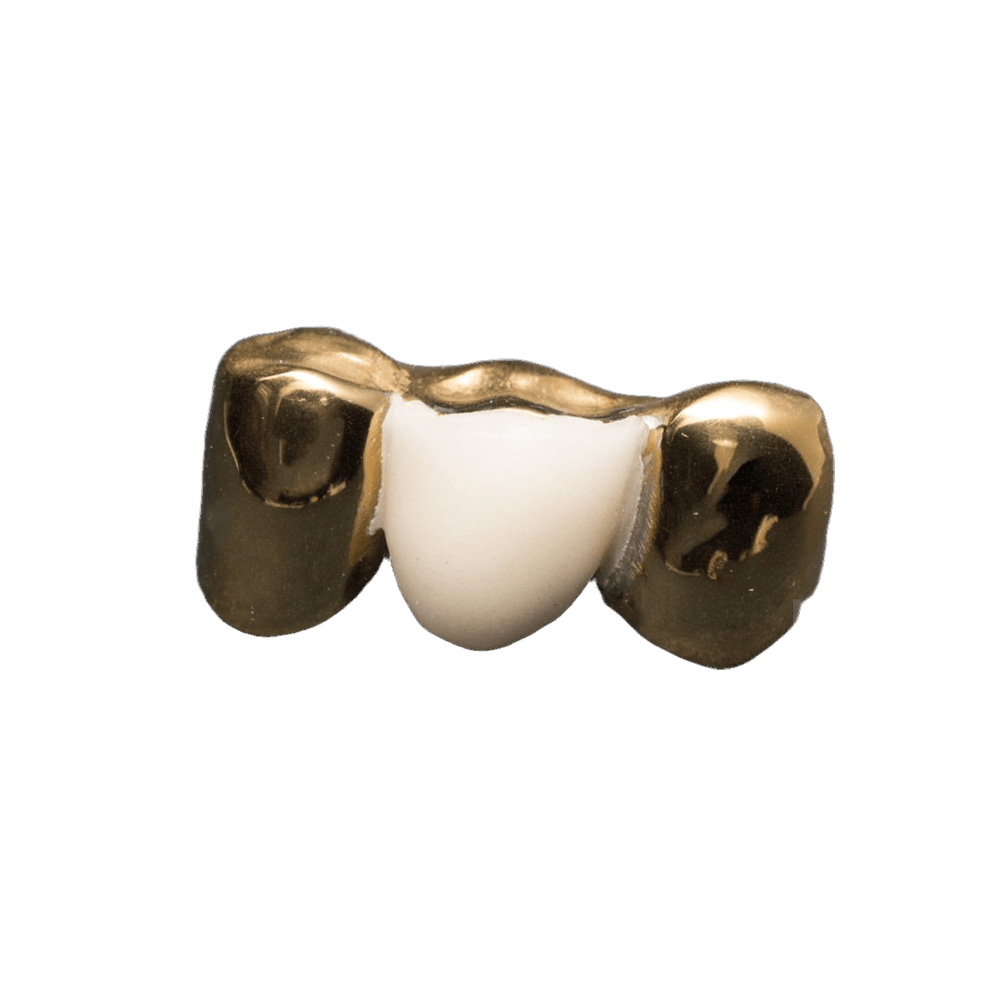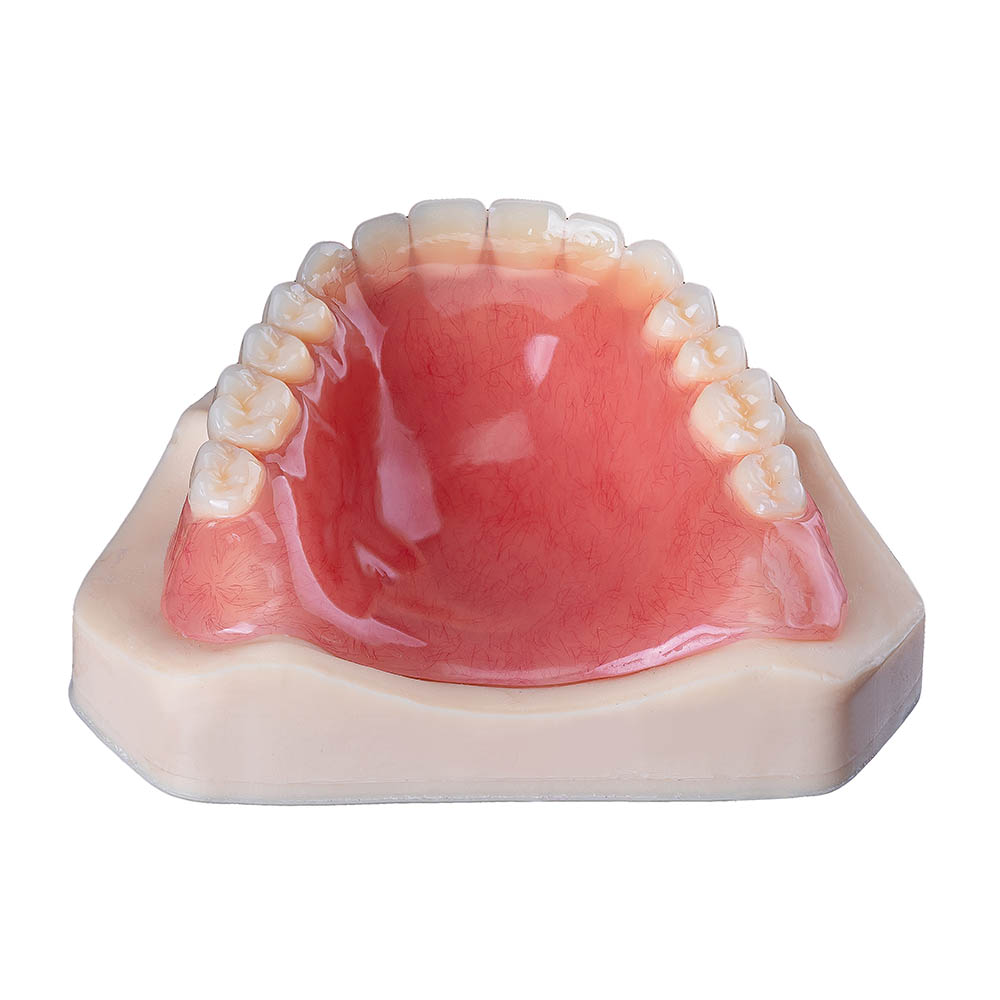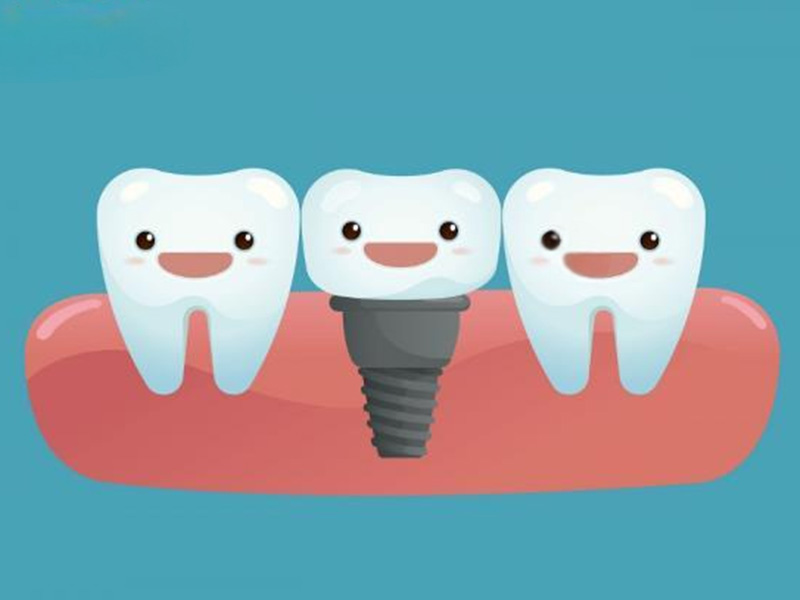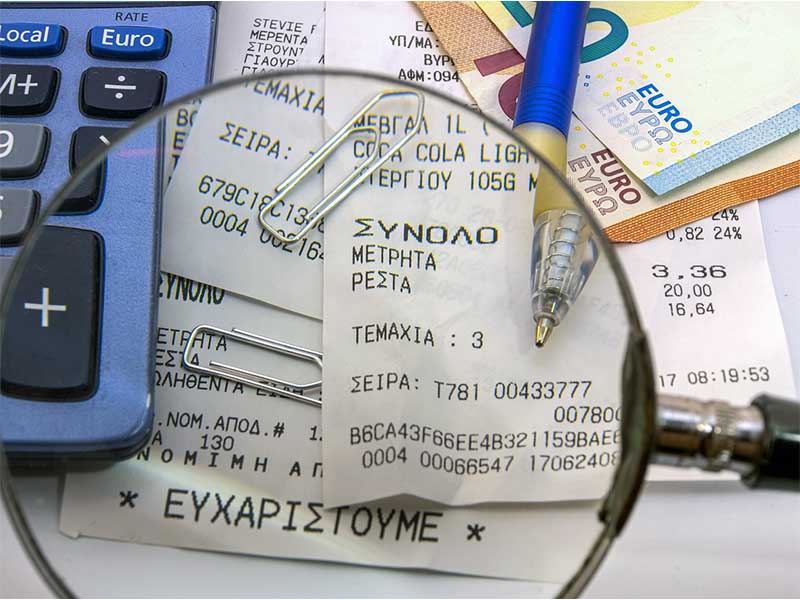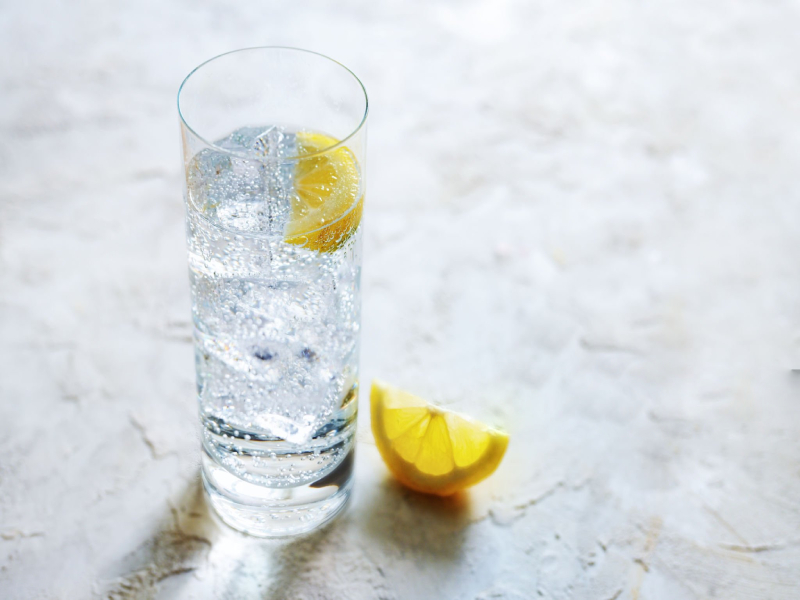Nobel Biocare Dental Implants
Your Go-To Partner for Nobel Biocare® Implant Teeth
At Istar Dental Lab, one of China’s top five dental labs, we focus on making top-quality replacement teeth for Nobel Biocare implant systems. Our promise to be accurate, creative, and provide great results means our customers around the world—dentists, clinics, hospitals, and other labs—get only the best products.
All the Services We Offer for Nobel Implants
Istar Dental Lab makes a wide variety of replacement teeth that are made to fit perfectly with Nobel Biocare implant systems. We group our products to meet different patient needs, from replacing one tooth to rebuilding a whole row of teeth.
Our types of replacements include:
Single Crowns:
- Screw-Retained Crowns: Attached directly to the implant with a screw. Liked because they are easy to remove and take care of.
- Cement-Retained Crowns: Glued onto a custom or standard abutment. Often picked for a better look because there is no screw hole.
- Hybrid Crowns: A mix of both types, like a screw-in abutment with a glued-on crown.
Multi-Unit Bridges:
- Fixed Partial Dentures (FPDs): Replace several missing teeth and are held in place by two or more implants. They can be attached with screws or glue.
- Full-Arch Fixed Bridges: Complete replacements for a whole row of teeth, usually held by 4-8 implants (like All-on-4 or All-on-6). These are mostly held in by screws so they can be easily removed.
Full-Arch Prostheses (Hybrid Dentures):
- These mix a fixed support frame (usually titanium or zirconia) with false teeth and pink acrylic for the gums. This gives a very stable and nice-looking option for people with no teeth. The All-on-4 concept is a great example, where our lab carefully designs and makes the full-arch frame to ensure a stress-free fit and long-lasting strength, often using shaped titanium or very strong zirconia.
Overdentures:
- Removable false teeth held in place by implants. They usually snap onto attachments (like locators, bars, or balls) on the implants or a bar that connects them. They offer more stability and hold better than regular dentures.
Custom Abutments:
- Specially designed and made abutments (zirconia or titanium) that shape the gums perfectly, create a natural look where the tooth comes out, and make the most of the space. They provide the base for great-looking and functional crowns or bridges.
Every type of replacement is carefully planned and made using our modern digital process and material knowledge. This makes sure they fit great, work well, and look good for all Nobel Biocare implant systems.
Choosing how to attach the new teeth to Nobel Biocare implants is a very important decision. It affects how easy they are to remove, the health of the gums, how they look, and their long-term success. At Istar Dental Lab, we carefully look at the technical details and how each method works in practice to suggest and make the best option.
Attachment Methods:
- Screw-Retained Restorations: The new tooth is attached directly to the implant with a screw. The screw hole is usually filled with a tooth-colored material. This is great for back teeth, full rows of teeth, and cases where being able to remove them is important. The availability of ASC abutments has made this a good option for front teeth too.
- Cement-Retained Restorations: The new tooth is glued onto a custom or standard abutment, much like regular crown and bridge work. This is best for single crowns in areas where looks matter most and a screw hole would be a problem, as long as the extra glue is carefully cleaned away.
- Hybrid Retention Methods (Screw-Cemented Restorations): This method mixes a screw-in abutment with a glued-on crown. The abutment is screwed to the implant, and then the crown is glued onto the abutment, either in or out of the mouth. New studies show it works well for difficult cases where you need both easy removal and a great look. While it’s not widely used yet, we are leading the way in trying out and using these new methods.
The Best Materials for Your Patients
Picking the right materials is very important for how long the new teeth last, how strong they are, and how good they look. At Istar Dental Lab, we use our expert knowledge of materials, only using tested, top-quality materials that work well with Nobel Biocare’s systems.
Our Preferred Materials and How We Use Them:
Zirconia (Yttria-Stabilized Tetragonal Zirconia Polycrystal – Y-TZP):
- Qualities: Known for its great bending strength (900–1200 MPa), toughness (6–10 MPa·m^0.5), and being safe for the body. New multi-layered and clear zirconia (like NobelProcera FCZ) looks great and matches the color and sheerness of natural teeth.
- Uses: Our main choice for final, long-lasting full rows of teeth, single crowns, and bridges, especially for patients who grind their teeth or want the best look. Making it from one solid block of zirconia lowers the chance of the porcelain layer chipping.
- Benefits: Much less likely to break completely under bite pressure, very stable over time, with less chipping and frame breakage compared to PMMA.
Porcelain-Fused-to-Metal (PFM):
- Qualities: Mixes the strength of a metal frame (like cobalt-chrome) with the good looks of porcelain.
- Uses: Still a trustworthy choice for single crowns and bridges, especially in areas that need a lot of strength and where looks are important but not the top priority.
- Benefits: A long history of success, good strength, and a decent look.
Polymethyl Methacrylate (PMMA):
- Qualities: A strong acrylic material, often used for temporary replacements. High-impact PMMA has a bending strength of 80–120 MPa and a toughness of 1–2 MPa·m^0.5.
- Uses: Mostly used for temporary teeth, for patients who get teeth right away, or as a temporary fix for a full row of teeth. It’s also a good choice when cost is a major factor or there isn’t much space between the jaws.
- Benefits: Easy to adjust, can be polished well, and costs less upfront.
- Downsides: More likely to crack, wear down, and change color over time compared to zirconia. We don’t recommend it as a final option for patients who grind their teeth heavily or need something that will last a very long time. CAD/CAM-milled PMMA is more consistent and wears better than traditionally made PMMA.
Titanium (Ti-6Al-4V):
- Qualities: Very safe for the body, strong for its weight, and doesn’t rust.
- Uses: Perfect for implant abutments, custom bars for overdentures, and frames for full rows of teeth (like for All-on-4).
- How We Make It: We use Selective Laser Melting (SLM) to 3D print custom abutments and frames from Ti-6Al-4V. This creates light, strong implant bars that can withstand over 5 million cycles of use without breaking. The surface is treated after printing to help it connect better with the bone.
High-Performance Polymer Blends (PEEK, PEKK):
- Qualities: Safe for the body, lightweight, and can absorb shock. Their elasticity is in the 3–4 GPa range.
- Uses: Being tested for direct 3D printing of temporary and final abutments. While they show promise, we are still learning about their use as final replacements.
Hybrid and Fiber-Reinforced Materials:
- Qualities: Materials like fiber-reinforced PMMA and hybrid composites (like Trinia, Juvora) have better bending strength and are less likely to break than regular PMMA.
- Uses: They can offer a middle ground between the shock absorption of PMMA and the strength of zirconia, especially for temporary or specific final cases. There is not much long-term information yet on their use for full rows of teeth with Nobel Biocare systems.
We always choose materials based on the specific Nobel Biocare system, the patient’s needs, biting forces, and what they want it to look like. We pay close attention to the bite design (like a mutually protected bite), as this really affects how long both zirconia and PMMA teeth last. Checking the bite digitally is a key part of our work.
Making Sure Everything is Just Right: Looks, Strength, Fit, and Cost
At Istar Dental Lab, making sure our work is “just right” is the core of how we make things for Nobel Biocare. This includes many different steps to ensure great looks, strong materials, a perfect fit, and good value. Our methods are carefully planned to meet these important goals.
Looks: Creating a Natural Appearance
To get a natural look, we use very clear materials like NobelProcera FCZ zirconia and advanced ceramic layering. Our expert technicians use precise CAD software, like DTX Studio and exocad, to design ideal shapes where the tooth meets the gum, which supports healthy gums. For front teeth, we use Nobel Biocare’s Angulated Screw Channel (ASC) abutments to hide screw holes. This creates a smooth, natural look that matches the patient’s own teeth perfectly.
Strength: Making it Last
We make sure our work will last for a long time by using top-quality materials like high-strength zirconia, with a bending strength of 900–1200 MPa, and medical-grade titanium. Our designs include strong support structures to hold up against chewing. Our industrial 5-axis milling machines and controlled heating processes make sure the material is as strong as possible. For titanium frames, our Selective Laser Melting (SLM) technology creates parts that can withstand over 5 million cycles of use, making sure it won’t break.
Fit: The Key to Success
A perfect fit is achieved through our all-digital process. We start with very accurate intraoral scanners and Nobel Biocare scan bodies to get data that is accurate to less than 5μm. Our CAD software has the official Nobel Biocare part libraries, and we set exact glue gaps (30–50μm) to ensure a perfect fit. We use 5-axis milling and modern 3D printing. A final check confirms the vertical gap at the implant is no more than 10μm, greatly lowering the chance of problems.
Value: Being Cost-Effective
Our digital process is a great value because it lowers material costs by 30-50% and technician time by 40-60% for each case. Most importantly, the accuracy of digital manufacturing reduces the need for remakes from as high as 8% down to just 1-2%, saving a lot of time and money. While the first cost of digital tools is high, the improved speed, faster delivery times (2-4 days), and better results over the long run offer great value for both dentists and patients.
Partner with Us Now
From handling gum health and shaping to fixing any issues with the new teeth, we are here to help. We are your go-to place for great-looking dental work.
Ready to start? Send us your case for Nobel dental implants today! We are excited to work with you.


